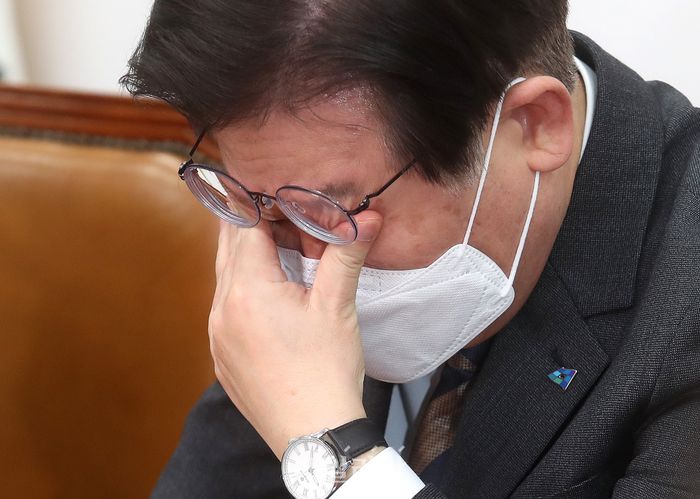On June 3, 2025, Lee Jae-myung of the Democratic Party of Korea was elected as the 21st President of South Korea. The AsiaN is publishing the hopes and expectations of Koreans for the new president and administration in both Korean and English editions. We welcome the interest, feedback, and constructive criticism of our readers.
The AsiaN Editorial Team

By Dr. Hee-Bong Kim,
Executive Director, Korean Academy of Leadership
SEOUL: A storm has passed. It has left scars and fractures across our society—some superficial, others deeply structural. But the damage is not merely physical. It runs through our emotions, our relationships, and our collective psyche. This is a crisis, one that cannot be resolved with quick fixes or cosmetic cover-ups. And it is in this climate that Korea has elected its 21st president. It is, without doubt, a moment of celebration. Yet, perhaps more than ever, it is a moment that demands a profound sense of responsibility. Given the expectations both at home and abroad, the burden is indeed great.
As we all know, the expectations placed upon a national leader are countless. But at the foundation of those expectations lies a shared understanding: a leader must remain grounded in the basics. Across eras and cultures, leaders who neglected the basics invariably faced crisis. This has been true in every age. So what, then, are the basics we expect from the new president of the Republic of Korea?
From the perspective of leadership virtues, first and foremost is honesty. For a leader, honesty outweighs all else. And honesty, in its truest form, demands courage. That courage is tied to values and convictions. Strip a leader of honesty, and there is little left—no authority, no momentum. Even those once called allies will drift away. Ultimately, distrust becomes the only thing that remains. This principle applies not only to heads of state, but to leaders in all walks of life. Decades of leadership research and countless case studies support this conclusion.
From the standpoint of a leader’s role, the president must ensure that citizens lead happy, fulfilling lives. That, in essence, is why leaders exist. Unfortunately, most domestic and international indicators suggest Korea still falls short of that goal. The new president must fully recognize the responsibility entrusted to them and devote sincere effort and attention to fulfilling it. Decisions must not be based on personal comfort or political safety, but on the well-being and prosperity of the broader community. The people recognize a president not because they serve themselves, but because they serve the public.
In addition, a leader must reveal what is not immediately visible—abstract values such as justice, unity, conflict resolution, and respect for diversity. Making these intangible ideals visible is not as difficult as it sounds: it requires action. Words and promises are not enough. Implementing campaign pledges is a prime example. That requires mobilizing the right people, resources, and systems. History shows that when the invisible becomes visible, hope and energy return. Life feels worth living again.
When things go wrong or stop functioning properly, the best solution is to return to the basics. That is both the most efficient and effective approach to resolving problems—and to preventing them from recurring. The process of returning to basics may be difficult. Friction may arise. But as the saying goes, it is where friction occurs that sparks light. If the president seeks to uplift the dignity of the nation and its people, such efforts must not be avoided or delayed—they must be undertaken.
We expect many things from the new president. But above all, we expect something essential: the basics. A solid foundation enables any innovation, any transformation. This is what we hope for from Korea’s 21st president—and it is by no means too much to ask.




